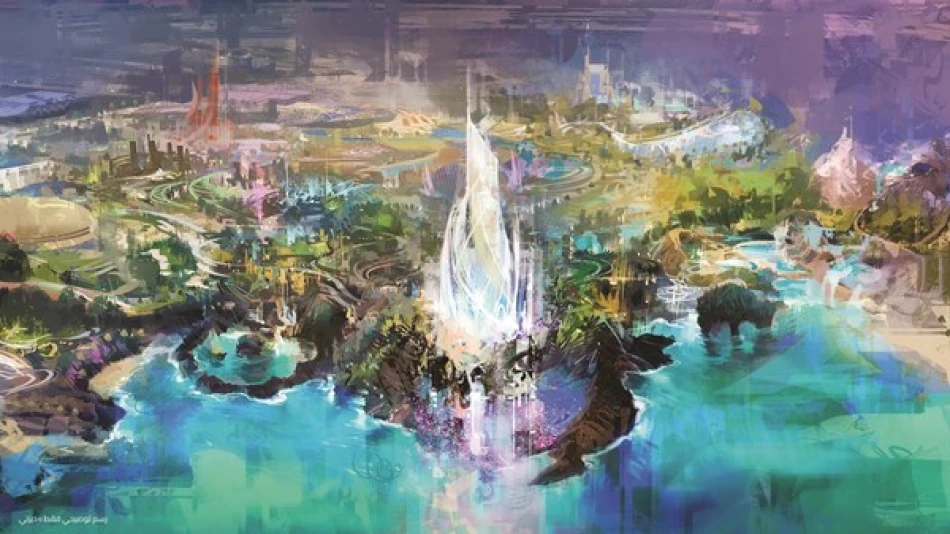
Abu Dhabi Challenges Orlando as the Global Capital of Leisure Tourism
Abu Dhabi Challenges Orlando's Entertainment Throne as Disney Picks Emirates for First New Park in 15 Years
Abu Dhabi is positioning itself as a serious challenger to Orlando's decades-long dominance in global theme park tourism, following Disney's strategic decision to build its seventh worldwide destination on Yas Island. The move signals a significant shift in the entertainment industry's geographic priorities, as major brands increasingly look beyond traditional Western markets to capitalize on the Gulf region's ambitious infrastructure investments and growing visitor numbers.
Breaking Disney's Geographic Pattern
Disney's announcement in May marked a notable departure from its established expansion strategy. For the first time in 15 years, the entertainment giant chose to develop a new theme park outside its traditional strongholds of California, Florida, and established Asian markets like Tokyo and Shanghai. The Abu Dhabi project, developed through a strategic partnership between Miral and The Walt Disney Company, represents Disney's seventh global destination.
Bob Iger, Disney's CEO, emphasized Abu Dhabi's unique positioning as an ideal location for Disney World development, citing the emirate's modern infrastructure, futuristic vision, and distinctive blend of heritage appreciation with innovation appetite. The new resort is promised to be Disney's most technologically advanced and modern facility, reflecting Abu Dhabi's commitment to cutting-edge development.
The Numbers Behind Abu Dhabi's Entertainment Boom
Yas Island's tourism metrics demonstrate the emirate's growing appeal as an entertainment destination. The island recorded over 38 million visits in 2024, representing a 10% increase from 2023. This growth trajectory occurs despite the island currently hosting only four major theme parks: Ferrari World Abu Dhabi, Warner Bros. World Abu Dhabi, Yas Waterworld, and SeaWorld Yas Island Abu Dhabi.
The addition of Disney World will likely accelerate these numbers significantly, potentially positioning Abu Dhabi to rival Orlando's annual visitor counts within the next decade.
Strategic Implications for Global Entertainment Markets
Abu Dhabi's entertainment strategy reflects broader economic diversification efforts across the Gulf region. By attracting major international brands like Disney, Warner Bros., and Ferrari, the emirate is building a comprehensive entertainment ecosystem that reduces dependence on oil revenues while establishing new revenue streams from tourism and hospitality.
Dr. Mohamed Abdullah Al Zaabi, CEO of Miral, positioned this development as part of Abu Dhabi's transformation into a global entertainment hub, directly competing with Orlando's established market position. This competition represents more than tourism rivalry—it signals shifting global economic power and consumer spending patterns toward emerging markets.
Implications for Investors and Industry Players
Disney's Abu Dhabi investment suggests confidence in Middle Eastern consumer markets and regional economic stability. For investors, this signals potential opportunities in Gulf tourism infrastructure, hospitality services, and related entertainment sectors. The move also indicates Disney's strategy to diversify revenue sources geographically, reducing dependence on mature Western markets.
Theme park operators and entertainment companies will likely monitor Abu Dhabi's performance closely, as success could trigger additional major entertainment investments across the Gulf region. This geographic diversification trend may accelerate as companies seek growth markets with strong government backing and ambitious development visions.
Orlando's tourism industry, meanwhile, faces its first serious global competitor in decades, potentially spurring innovation and investment to maintain its market leadership position.
Most Viewed News

 Layla Al Mansoori
Layla Al Mansoori






